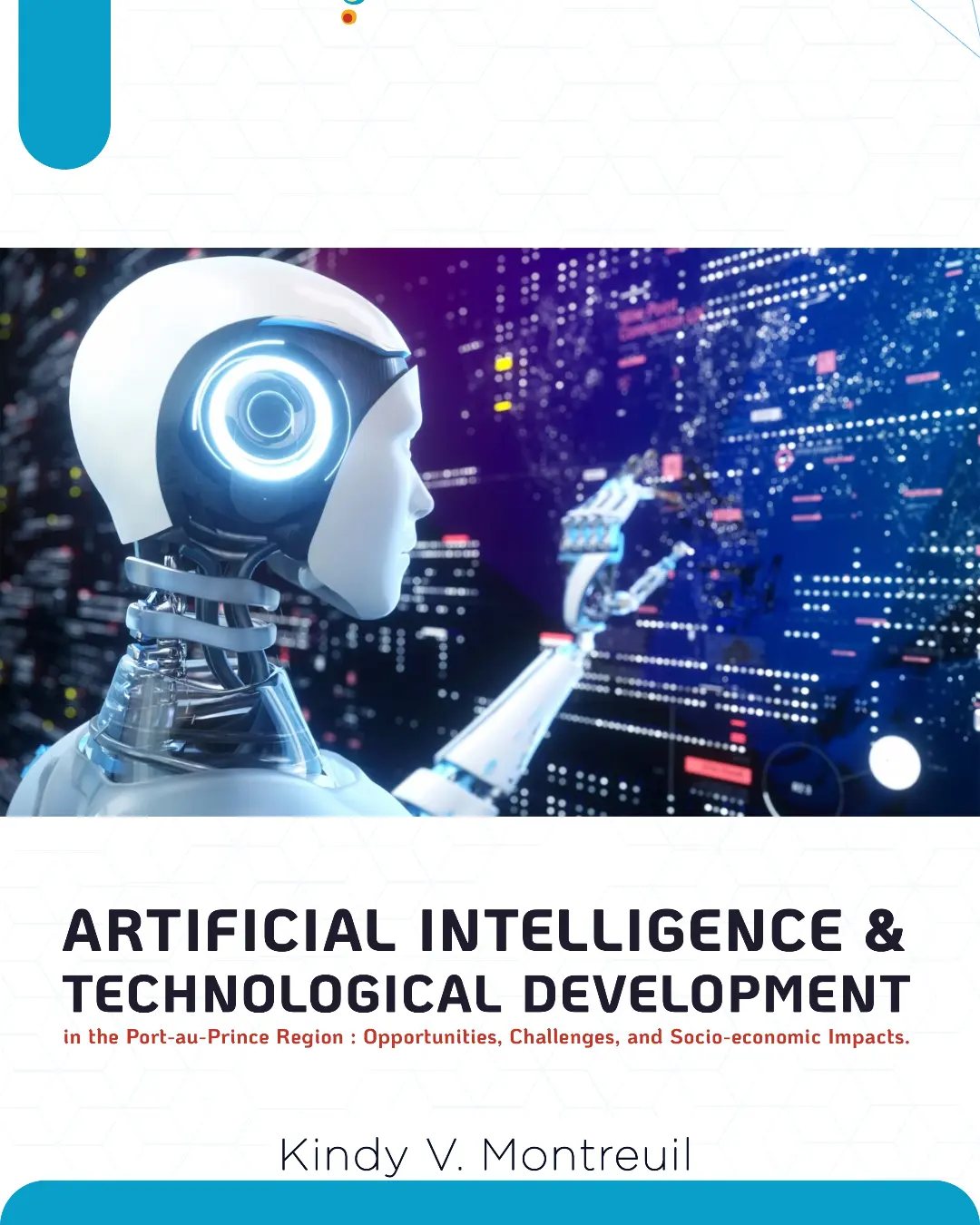Artificial Intelligence and Emerging Technologies
Projects selected in 2024

Titulo da investigação: Mejores datos para mejor IA en la justicia
Country: ARGENTINA

Título de investigación: "La inteligencia artificial para la preservación de lenguas originarias: el caso del quechua en Perú"
País: PERÚ

Título de investigación: Using sandboxes to sensitise, propagate safe innovation and create safeguards while mitigating risks for the Caribbean Region.
País: TRINIDAD & TOBAGO
Projects selected in 2023
 |
This research stems from the desire to contribute to the expansion of black participation in the debate on AI regulation in Brazil, recognizing that this is an urgent issue that especially affects this social group through what has been termed ‘algorithmic racism’. Thus, the study sought to listen to what black experts had to say about the following thematic axes: a) challenges related to the use and development of AI, b) evaluation of the existing regulatory framework, and c) important instruments or tools to combat algorithmic racism. To do so, the study adopted the theoretical framework proposed by Bianca Kremer regarding the need for a ‘racial re-focusing’ when discussing algorithmic regulation. Together with an understanding of the legislative landscape, the findings allowed the development of recommendations for all the stakeholders involved in the debate: academia, civil society, government, and the private sector. |
 |
Artificial Intelligence (AI) has emerged as a transformative force globally, offering unprecedented opportunities for socio-economic development. This research focuses on AI's impact in Haiti's Port-au-Prince region, examining its potential benefits, challenges, and socio-economic consequences.AI holds promise in enhancing public service delivery, fostering innovation in local businesses, and creating skilled job opportunities. However, it also presents challenges like ensuring equitable access to its benefits, protecting personal data, and addressing the need for workforce upskilling.A survey involving 30 participants revealed substantial AI awareness and usage across various sectors, particularly in healthcare, education, and the economy. While participants recognized AI's potential advantages, they expressed concerns about infrastructure limitations, required skills, and ethical considerations.The research underscores the dual nature of AI adoption, emphasizing the importance of comprehensive education, infrastructure enhancements, and well-crafted policies to maximize benefits while mitigating risks. Ultimately, this study seeks to provide a comprehensive overview of AI's opportunities and challenges in Port-au-Prince, with implications for both the local community and broader socio-economic development. Its findings may serve as a foundation for informed policies and strategies aimed at harnessing AI's potential while ensuring equitable benefits for all. |
 |
In the realm of modern technology, Natural Language Processing (NLP) holds a crucial role, reshaping human-computer interaction, data processing, and insights extraction from unstructured text. The widespread adoption of NLP applications has ushered in a transformative era, integrating sophisticated tools into daily life for internet searches, voice-activated communication, and overcoming language barriers. However, beneath this technological marvel lies a subtle yet significant issue – linguistic bias. Unlike overt biases, linguistic bias poses an indirect obstacle, originating from the network effect and historical dominance of the English language in the digital realm. This research explores NLP comprehensively, emphasizing its pivotal role in the digital era. It addresses the intricacies of language discrimination within NLP, specifically tied to English language dominance. The study highlights the presence of indirect discrimination and proposes viable strategies to mitigate linguistic bias in NLP applications. By delving into these aspects, the research aims to deepen understanding and spark further investigation into creating inclusive and unbiased NLP technologies in our contemporary digital landscape. |